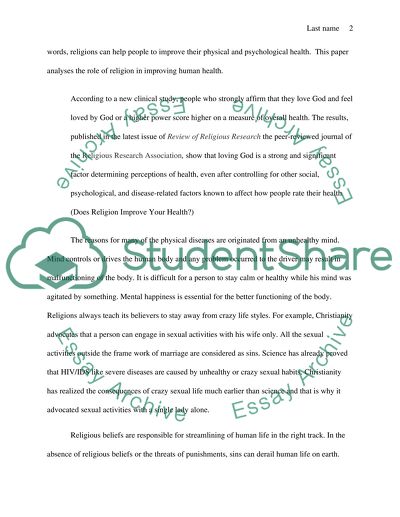Cite this document
(“Can Religion Improve Your Health Research Paper”, n.d.)
Retrieved from https://studentshare.org/family-consumer-science/1418893-can-religion-improve-your-health
Retrieved from https://studentshare.org/family-consumer-science/1418893-can-religion-improve-your-health
(Can Religion Improve Your Health Research Paper)
https://studentshare.org/family-consumer-science/1418893-can-religion-improve-your-health.
https://studentshare.org/family-consumer-science/1418893-can-religion-improve-your-health.
“Can Religion Improve Your Health Research Paper”, n.d. https://studentshare.org/family-consumer-science/1418893-can-religion-improve-your-health.


